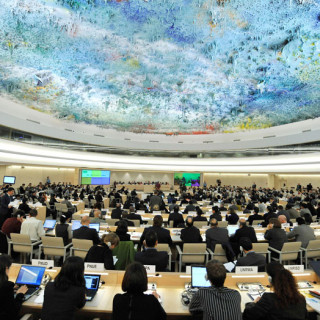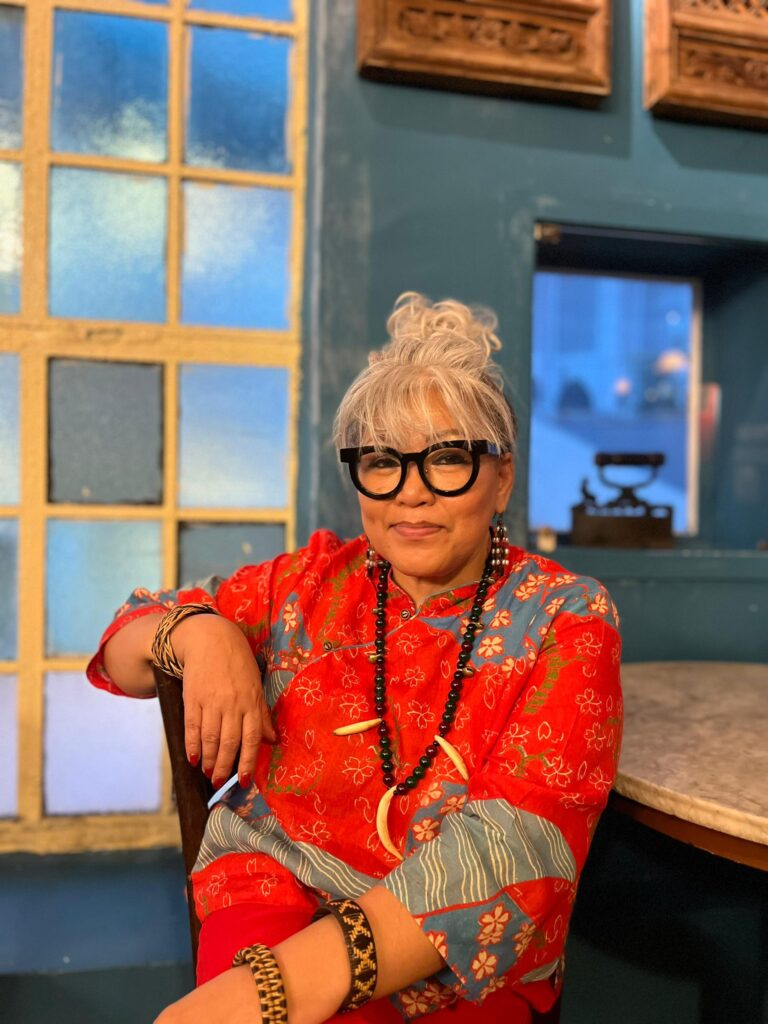In a private letter sent to select UN member states, nearly 20 human rights organisations called for clear and concrete actions to denounce China’s current rollback in respect for human rights at the UN Human Rights Council, which opens its session in Geneva today. Click here for the official press release.
The groups highlight five cases of human rights defenders that would benefit from further pressure being brought to bear on the Chinese government. They include:
Liu Xia, a poet kept under house arrest after the death of her husband, Nobel laureate Liu Xiaobo, in July 2017;
Wang Quanzhang, a rights lawyer held incommunicado since July 9, 2015;
Gui Minhai, a Swedish citizen arbitrarily detained in China since he vanished from Thailand in October 2015;
Tashi Wangchuk, a Tibetan cultural rights and education advocate who has been detained more than two years on charges of inciting separatism; and
Yu Wensheng, a prominent human rights lawyer disbarred, then arbitrarily detained, in January 2018.
Most recently, Mr Wangchuk was the subject of a press release by a group of UN experts on 21 February, who denounced the criminalisation of his work to peacefully promote Tibetan language and culture.
‘These are just five cases among hundreds, if not more. Taken together, they show that the ferocious crackdown on human rights defenders, including lawyers, that has intensified since President Xi Jinping assumed power continues unabated’, say the authors of the letter.
‘The Human Rights Council should take further steps to show China that undermining key legal protections for freedoms of expression and association and the rights to a fair trial, not to mention disappearing or arbitrarily detaining dissenting voices, is unacceptable behaviour – especially for a would-be “global leader”’.
In March 2016, the U.S. led a historic joint statement of twelve countries focused on the human rights situation in China. Following President Xi’s consolidation of power at the 19th Party Congress in November 2017, a renewed commitment to a joint statement condemning China’s human rights violations has never been more timely.
The organisations urge the governments to call for the release of all arbitrarily detained individuals; condemn the use of ‘residential surveillance in a designated location’, which the UN Committee against Torture has said ‘may amount to incommunicado detention in secret places,’; and promptly grant relevant UN experts unhindered access to all parts of the country, including Tibetan and Uyghur areas.
‘The Council’s credibility is based on its ability to act swiftly and effectively to address human rights situations and to uphold universal values. However, this has come under attack in recent years, particularly from China and likeminded governments’.
‘In this context, it is critical for countries to demonstrate their commitment to the protection and promotion of human rights in China, and to defend the values underlying the international human rights system’.
This year is particularly important, as human rights defenders inside and outside China prepare for the country’s next Universal Periodic Review, scheduled for November 2018.
The letter to governments concludes: ‘For human rights defenders to have the courage to engage in this important process, with all the risks that it entails, it’s critical that they know that they are not alone’.




